Coined, as it was, by a dead white man whose oeuvre is considered one of the crowning achievements of Western civilisation, the expression ‘hoist by his own petard’ must be fast approaching its use-by date – the thin end of a wedge which will one day see the expulsion of the entire Shakespearean canon from our schools, the revoking of John Bell’s National Treasure status and the rebranding of two cigars (five points if you can name them). But what other phrase, when feminised, more perfectly describes Lisa Wilkinson’s inadvertent sabotage of the Brittany Higgins trial? Only Will Smith has used an awards ceremony appearance more self-destructively, but at least his slap was an unforeseeable synapse malfunction, and not something a lawyer had specifically advised against. Words like gaffe and blunder don’t do justice to the oxymoronic difference between the effect Ms Wilkinson hoped her Logies’ acceptance speech would have on her audience (‘I am a tireless crusader for justice’) and the effect it had on the judicial proceedings she is so proud to have helped instigate – but which, according to the presiding judge, she has single-handedly derailed.
Nor was this outbreak of foot-in-mouth syndrome an isolated incident. Only a few days later the words petard and hoist sprang irresistibly to mind again during prime time. And this was even more distressing to witness because the casualty was someone whose name and face, unlike those of the glamorous, ubiquitous Ms Wilkinson, would have been unfamiliar to most viewers. Someone, indeed, who has received nothing like the mainstream media attention which his job title might seem to demand, and for whom, let’s be frank, any TV appearance is a much-needed opportunity to connect with the ordinary Australians on whose good opinion his tenure depends. How sad, then, that the only thing many of those ordinary Australians will now remember Adam Bandt for is his hatred of their flag – and, by extension, his contempt for the generations whose courage, pride and sacrifice it inspired.
It’s beginning to look as if Anthony Albanese’s promise to hold a first-term referendum on the Voice to Parliament is another well-intentioned gesture which might deliver the opposite outcome to the one intended.
And it’s not just dispassionate pundits like Paul Kelly who’ve raised that possibility; it’s also long-term Voice advocates like the newly appointed Minister for Indigenous Affairs, Linda Burney. Both worry that the fast-tracking advocated by the PM will jeopardise the establishing of a consensus amongst key stakeholders as to how the new body should operate, and that, noting the absence of that consensus, many fence-sitters will vote no, much as many Australians who’d grown uncomfortable with a foreign head of state still rejected the flawed Republican model of 1999.
I am in principle a supporter of the Voice, but I have a different concern. Unlike some contributors to these pages, I don’t believe that giving parliament a constitutional obligation to listen to a panel of community leaders before framing policies which affect those communities will lead inevitably to civil war. It’s true, as defenders of the status quo like to point out, that Aboriginal interests are already disproportionately represented in Canberra, First Nations people accounting for 4.4 per cent of federal seats and 3.3 per cent of the population. It’s also true that for a long time now, Aboriginal and Torres Straits Islander communities have received far greater government subsidies per capita than any other ethnic minority. But surely the whole point of the Voice is that, as our newspapers confirm with depressing regularity, these measures demonstrably aren’t working, and that the worst problems in especially remote communities – alcohol and drug-fuelled violence, child abuse, the absence of basic healthcare – are getting worse, not better. Given that it’s clearly not just a matter of money, and in the absence of any better idea, the Voice must be worth a try.
Why, then, are the people who tackle these problems on a daily basis proving amongst the most difficult to recruit to the cause? Maybe because they fear that in terms of delivering real and lasting change at grass roots level, this Voice, even if it is a priority of this prime minister, will prove no less tokenistic than the Apology voiced a few elections ago by one of his predecessors. But maybe also because they fear that the Aboriginal and Torres Straits Islanders who will be given this important government role will not be chosen by the same transparent democratic process which determined the make-up of the parliament they advise, but by a conspicuously undemocratic, antiquated clan system which confers de facto authority on senior members of a small number of extended families.
You don’t have to be an indigenous Australian to find that problematic. Being a republican will suffice.
Got something to add? Join the discussion and comment below.
Get 10 issues for just $10
Subscribe to The Spectator Australia today for the next 10 magazine issues, plus full online access, for just $10.
You might disagree with half of it, but you’ll enjoy reading all of it. Try your first month for free, then just $2 a week for the remainder of your first year.


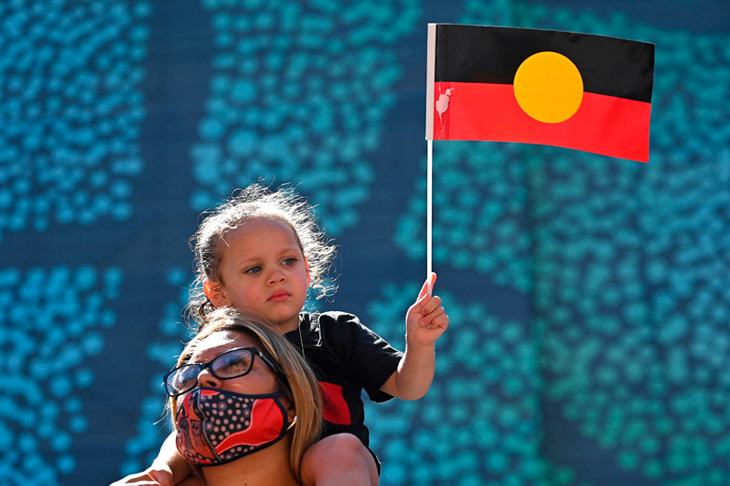
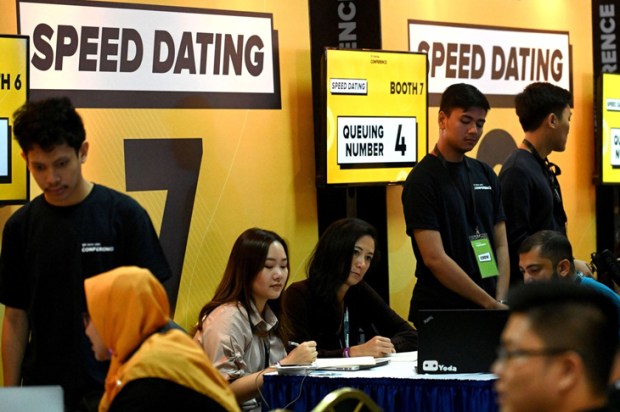
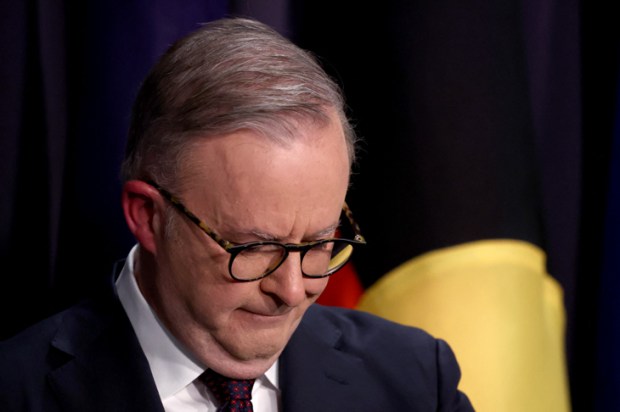
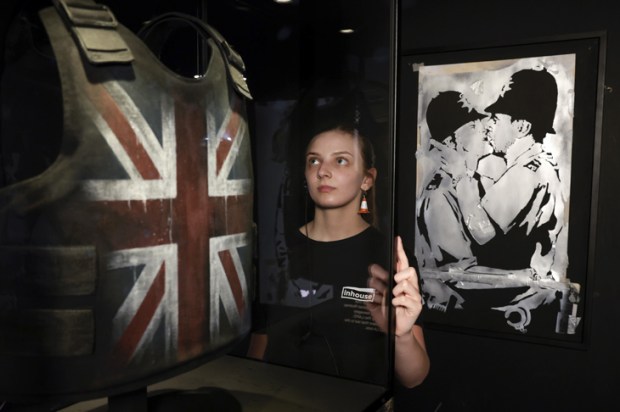
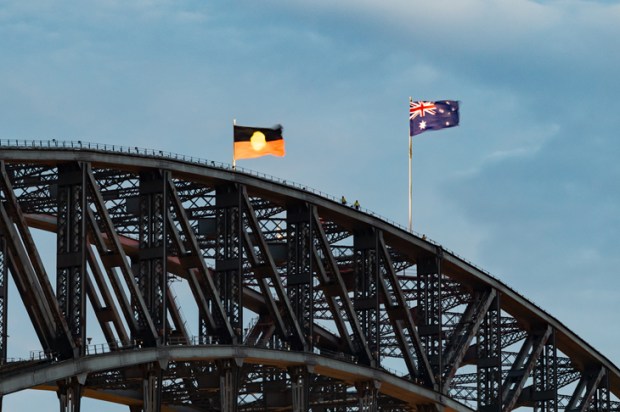

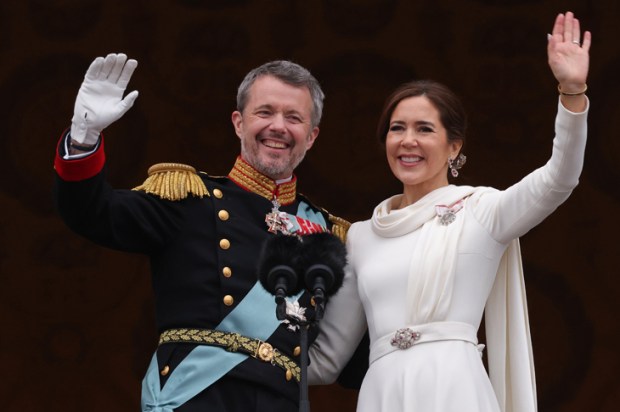






Comments
Don't miss out
Join the conversation with other Spectator Australia readers. Subscribe to leave a comment.
SUBSCRIBEAlready a subscriber? Log in